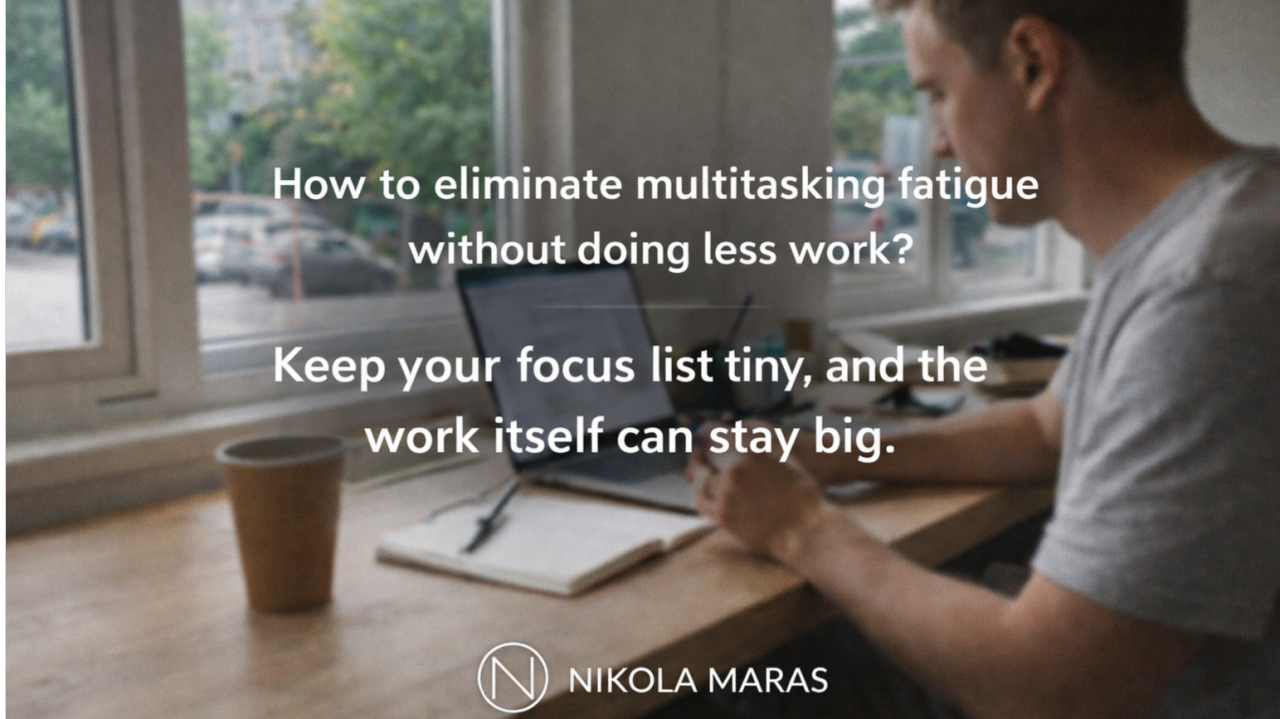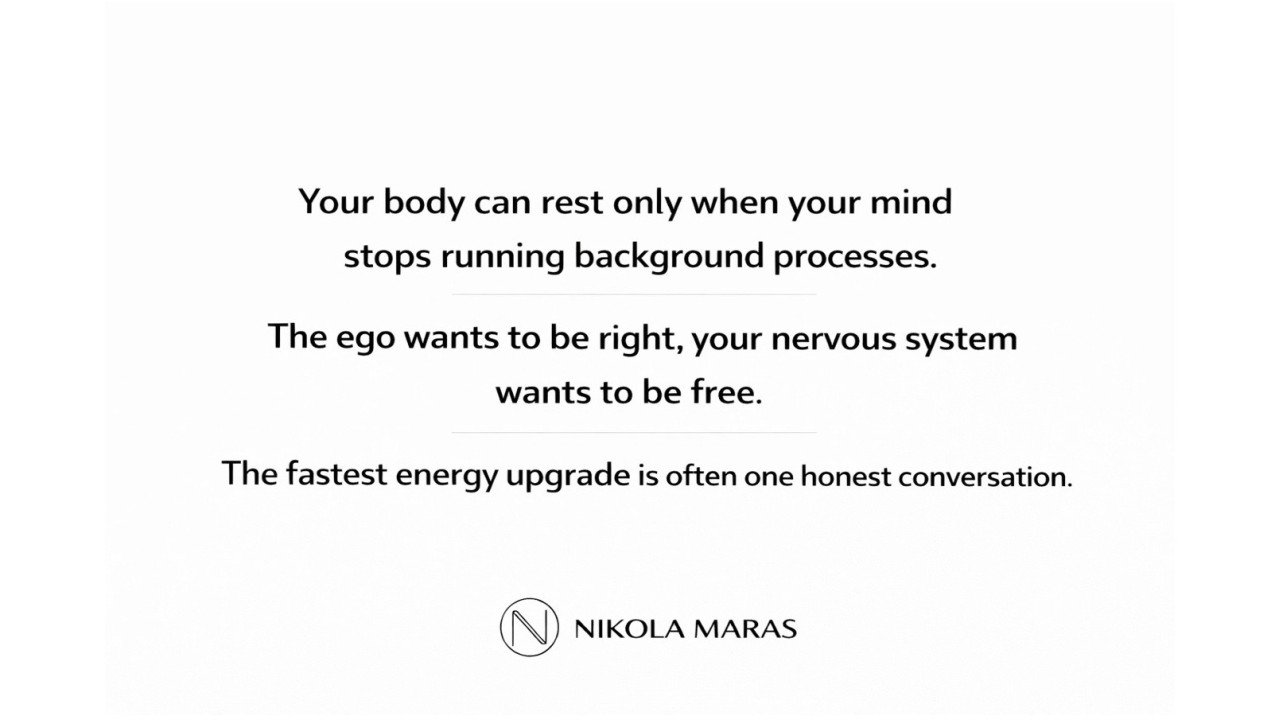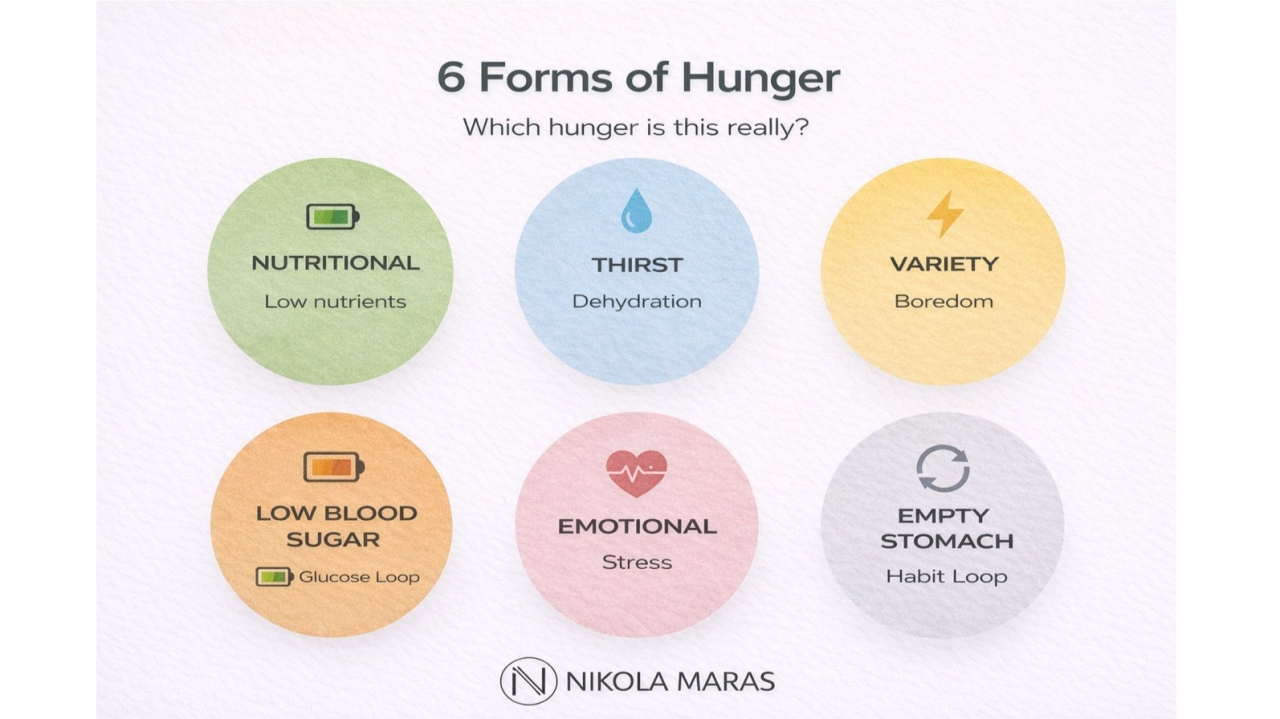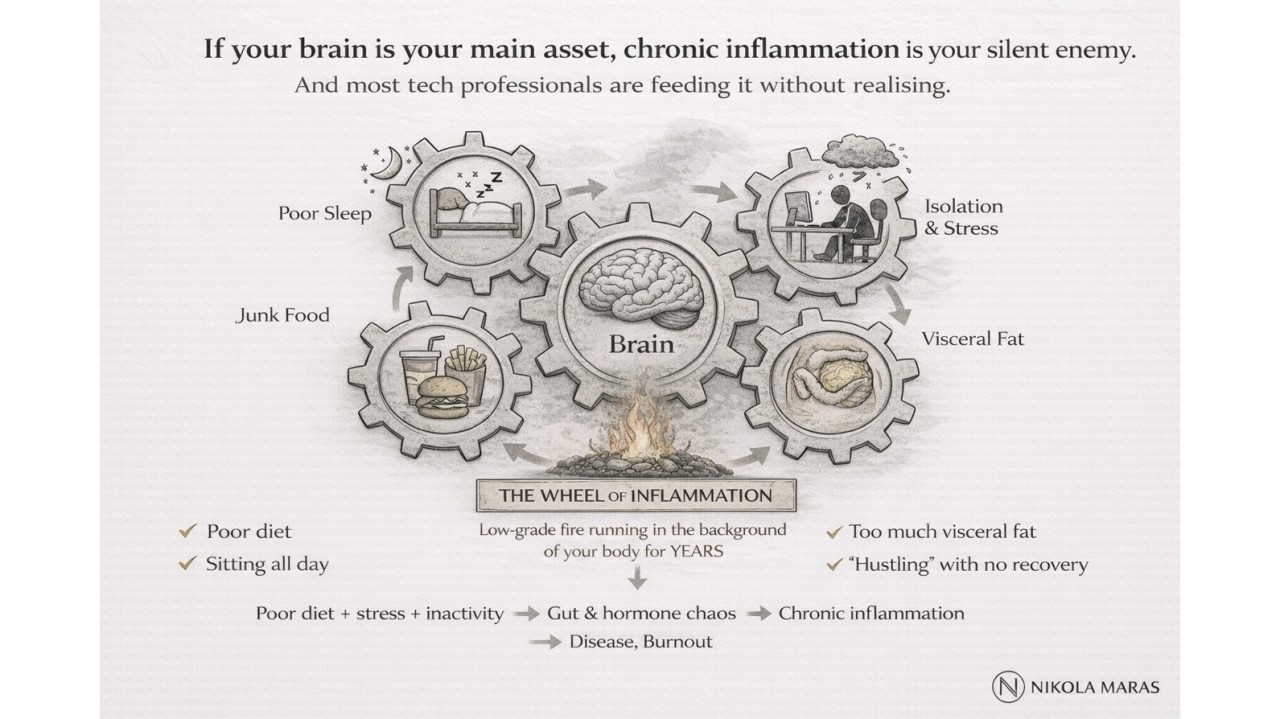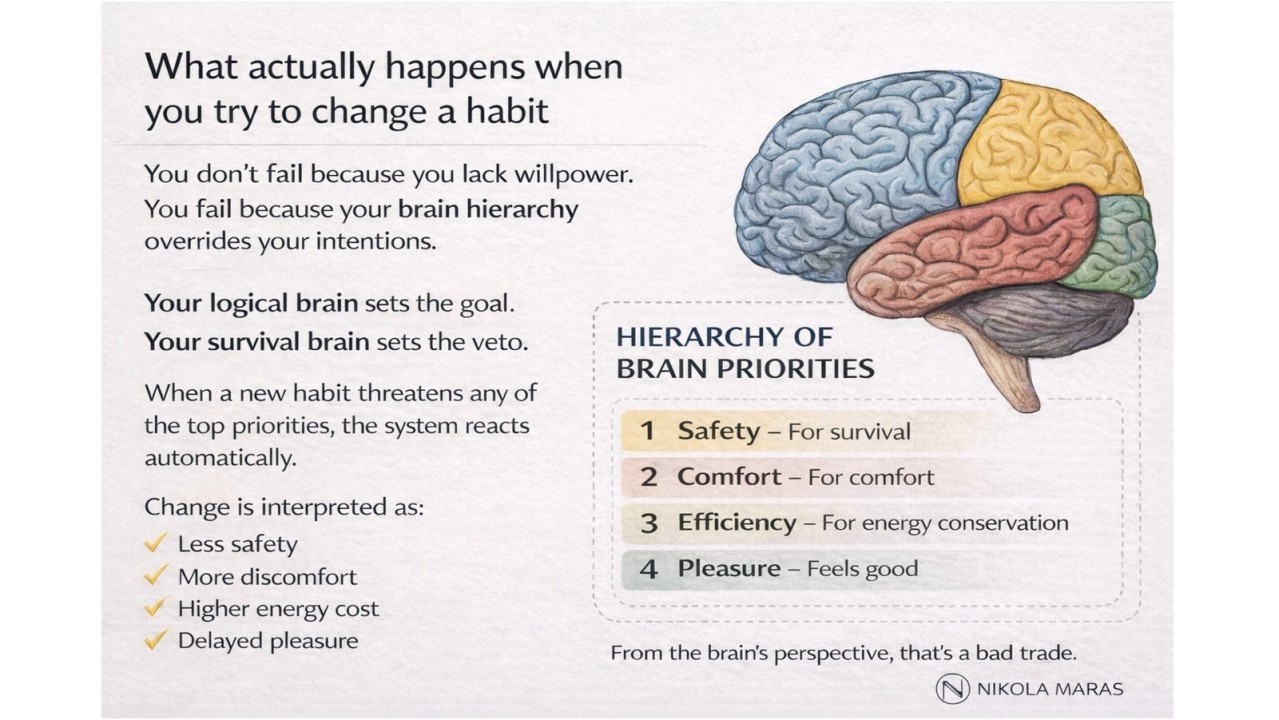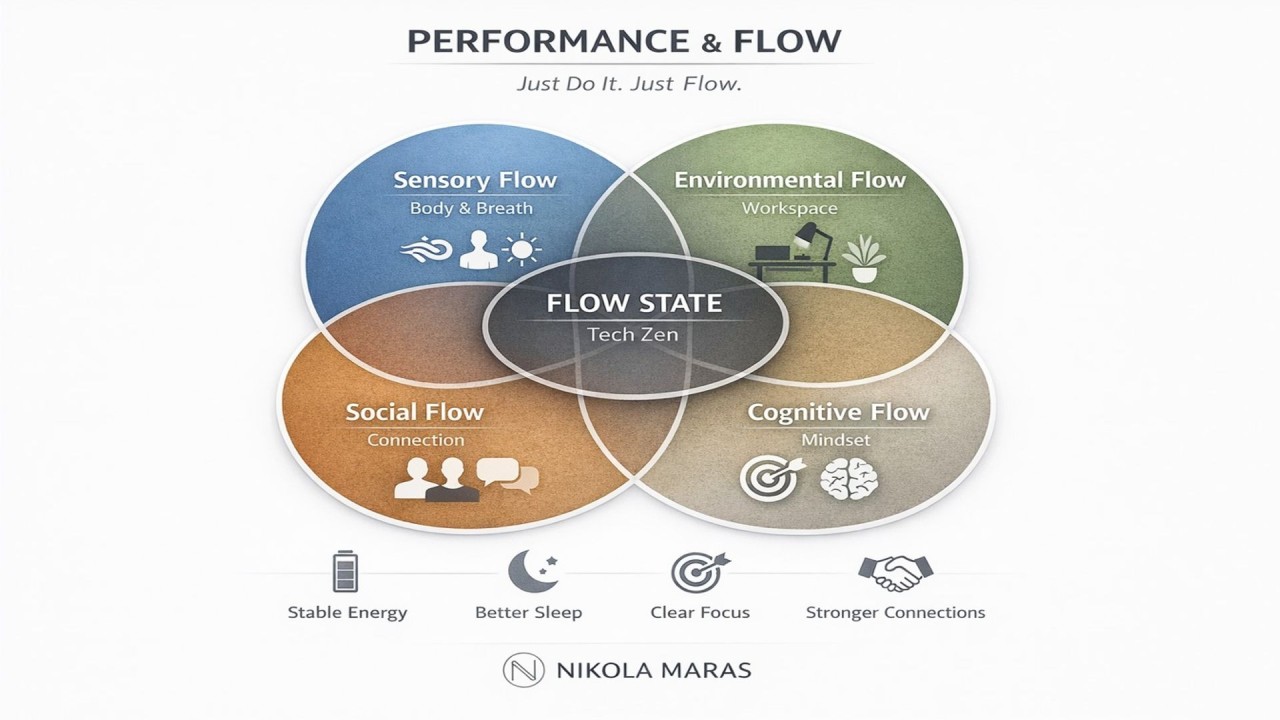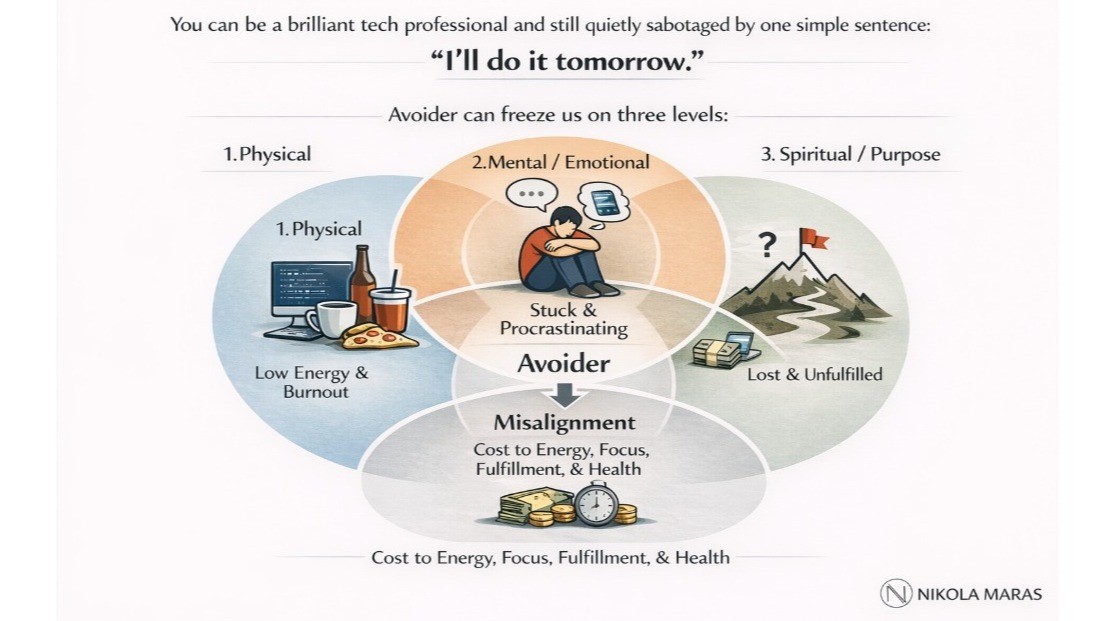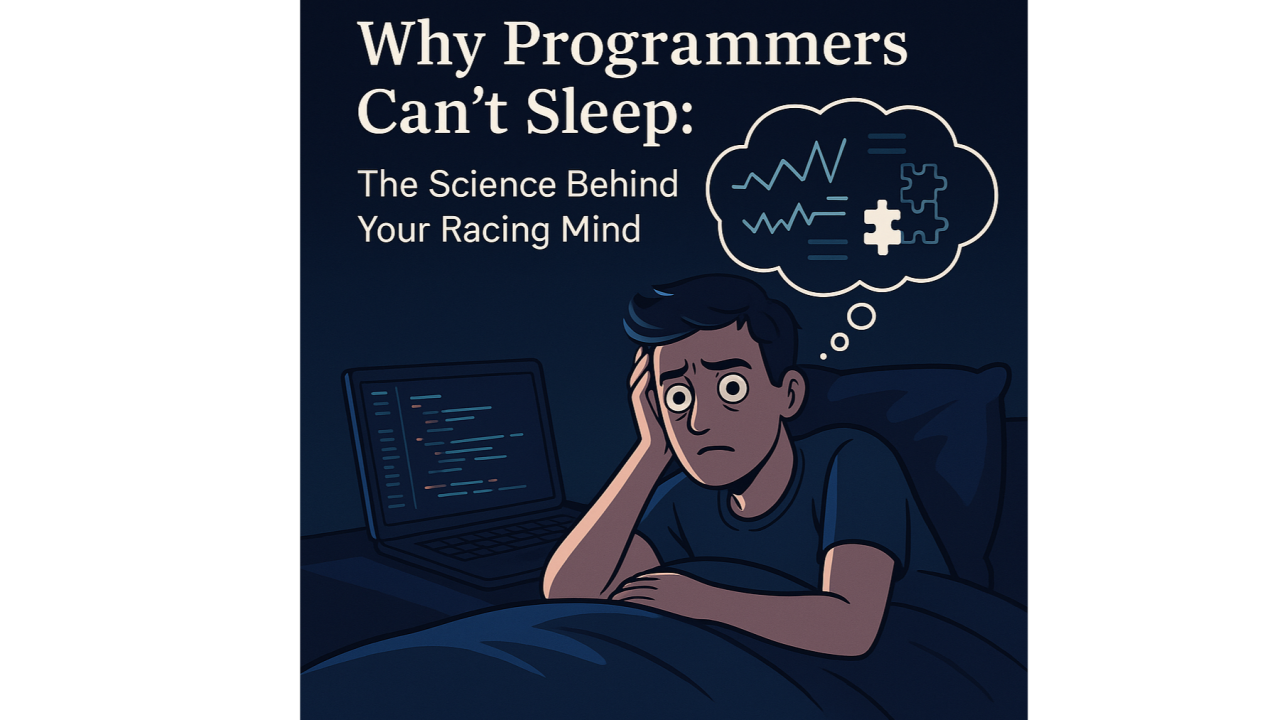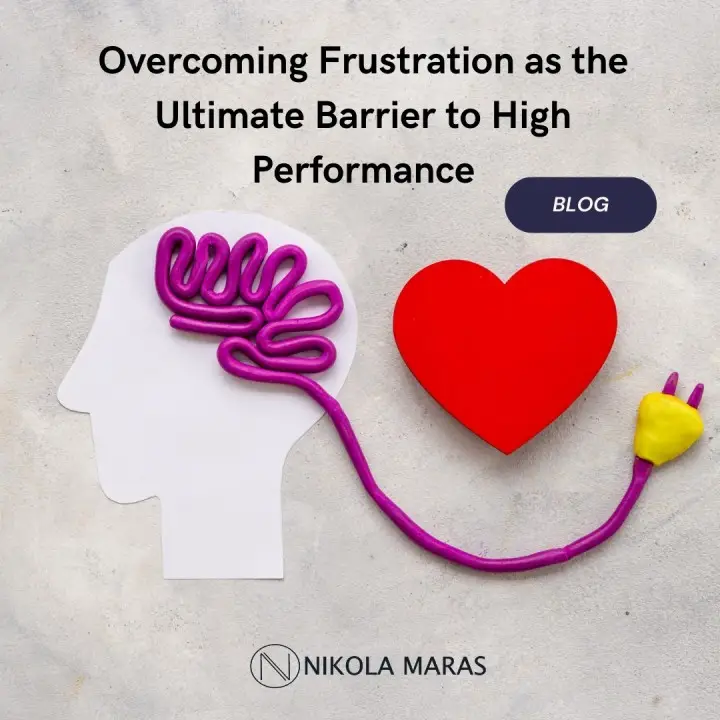Have you ever reached for a chocolate bar after a stressful meeting? Or craving that second (or third) cup of coffee to push through the day? A drink in the evening has become your go-to way to unwind. Well, that is not unusual. High-performing leaders often operate in high-pressure environments where stress levels are off the charts. But the things we turn to for relief, such as sugar, caffeine, and alcohol, often drain our energy instead of replenishing it.
If you want to double your energy, reduce stress cravings, and regain control, let’s explain why this happens and what you can do instead.
My Personal Journey to Healthier Habits
I remember when my days revolved around habits that drained me more than energized me. I relied on alcohol and coffee, and my diet lacked real nutrients and was full of sugary products. Deep down, I knew I had to make a change.
The decision to stop drinking alcohol was rooted in a desire for clarity and well-being. I realized that alcohol was clouding my thoughts and impacting my energy levels. I longed for a sense of clarity and control over my life, and eliminating alcohol was a pivotal step towards achieving that.
As for coffee, I noticed that my dependency on it was taking a toll on my overall health. I was caught in a cycle of highs and crashes, and my sleep patterns were suffering. The constant need for caffeine reminded me that my body was out of balance. So, I let go of coffee and found more sustainable ways to boost my energy.
Changing my diet was the most transformative part of my journey. I began to educate myself about nutrition and food’s profound impact on our bodies and minds. I changed my diet and greatly improved my vitality and mood.
The deep reason behind these changes was my commitment to living a life aligned with my values and aspirations. I wanted to be the best version of myself, physically and mentally. I tried to wake up each day feeling energized, focused, and capable of pursuing my dreams. It was about honoring my body and mind and recognizing that I deserved to thrive.
Why Do You Crave Sugar, Coffee, and Alcohol Under Stress?
The Science Behind Stress Cravings
1. Biochemical Response to Stress
Stress triggers a biochemical chain reaction in our body. When stressed, our body goes into “fight or flight” mode, releasing a surge of hormones, including cortisol and adrenaline. While adrenaline prepares us for immediate action, cortisol ensures we have enough energy to handle the stressor.
Cortisol, often called the stress hormone, increases our appetite and makes our body crave quick energy. That’s why sugar and caffeine feel irresistible. This gives you an immediate energy spike but also leads to a crash.
Stress can also cause fluctuations in blood sugar levels. When blood sugar drops, it can lead to cravings for sugary foods to quickly raise those levels again.
2. Emotional and Psychological Factors
Sweets and chocolate are often associated with comfort and reward. When we’re stressed, we seek out these foods as a way to self-soothe and provide a sense of emotional relief. Alcohol numbs stress, sugar offers comfort, and caffeine gives an artificial boost. But these habits drain your energy over time and leave you more exhausted.
Over time, many of us have conditioned ourselves to reach for sweets as a coping mechanism for stress. This behavior becomes a habit that is hard to break.
3. Neurochemical Rewards
Eating sweets and chocolate triggers the release of dopamine, a neurotransmitter associated with pleasure and reward. This neurochemical response can temporarily alleviate stress and create a sense of euphoria.
Carbohydrates, including sugar, can increase serotonin levels, a neurotransmitter that promotes feelings of well-being and relaxation. This is why eating sweets can sometimes make us happier in the short term.
Long-Term Effects of Stress-Induced Sugar Consumption
While reaching for sweets and chocolate might provide temporary relief, it can lead to long-term consequences:
- Energy Crashes: Sugary foods cause rapid spikes in blood sugar levels, followed by equally rapid crashes. This can leave us feeling even more tired and irritable.
- Weight Gain and Health Issues: Regular consumption of high-sugar foods can contribute to weight gain, insulin resistance, and other health problems like diabetes and heart disease.
- Increased Stress: Ironically, the very foods we turn to for stress relief can ultimately increase stress levels by disrupting our body’s natural balance.
Understanding the reasons behind stress cravings can help us break the cycle and find healthier alternatives. If you want sustainable energy and mental clarity, you must address the root cause.
How to Break Free from Stress Cravings and Regain Control
1. Recognize Your Saboteurs (The Mental Triggers Behind Cravings)
Before you reach for sugar, coffee, or alcohol, take a moment to pause and reflect on what triggered the craving:
- Are you exhausted and looking for a quick energy boost?
- Are you overwhelmed and seeking comfort?
- Are you anxious and trying to numb the stress?
These are your saboteurs, negative mental patterns that hijack your energy. Instead of falling into their trap, use Positive Intelligence (PQ) techniques to shift your mindset.
PQ Rep Exercise: Take 10 seconds to focus on your senses, like feeling your breath or the texture of an object. This simple shift activates your Sage Mind, the part of your brain that handles stress with clarity instead of reactivity.
2. Replace the Craving with a Real Solution
Instead of feeding the stress cycle, choose an alternative that restores energy:
- If you crave sugar, choose high-protein or fiber-rich foods. They provide lasting energy without the crash.
- If you’re craving coffee, try hydrating first. Dehydration can lead to fatigue, making you reach for caffeine when your body needs water. Drinking water first can help restore energy naturally.
- If you crave alcohol, find a new way to unwind. Try a walk, deep breathing, or even a cold shower to reset your nervous system.
Your body isn’t asking for sugar, caffeine, or alcohol. It’s asking for relief. Give it the right kind.
3. Build Resilience Instead of Seeking Escape
High performers don’t just manage stress. They transform it:
- Breathwork & Meditation: Deep breathing lowers cortisol and increases focus. Even 2 minutes can make a difference.
- Exercise & Movement: Physical activity releases natural stress relievers (endorphins) and reduces cravings.
- Fuel Your Brain: Nutrient-dense foods help stabilize your mood and energy, making cravings less frequent.
- Fasting – Training your body to go without food for short periods helps build discipline, reduces stress-driven cravings, and enhances mental clarity.
- Cold Exposure – Cold showers or ice baths trigger dopamine release, reduce inflammation, and build mental resilience, making you more stress-resistant.
By recognizing your saboteurs, replacing cravings with real solutions, and building resilience, you’ll break free from stress cravings and regain control over your energy and well-being.
The Bottom Line: Take Your Power Back
Your energy isn’t just about what you eat or drink. It’s about how you respond to stress. When you train your mind to handle stress differently, you stop seeking temporary fixes and create sustainable energy.



